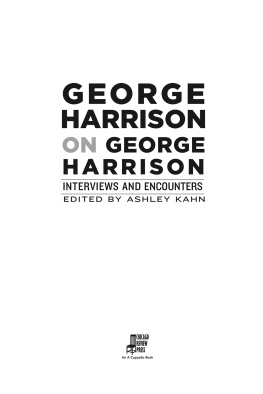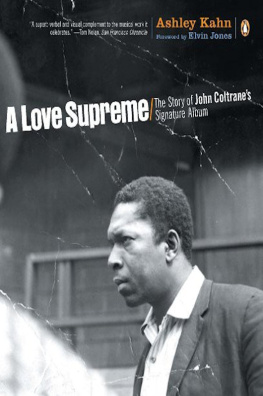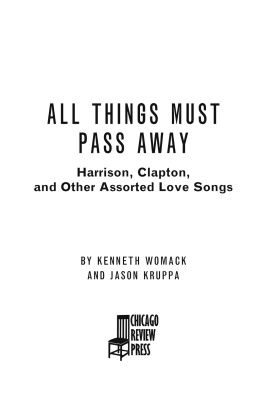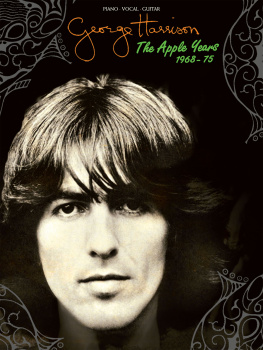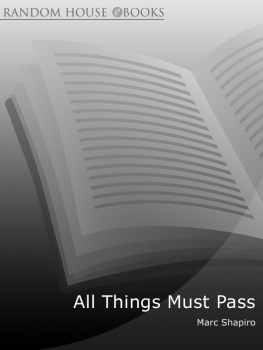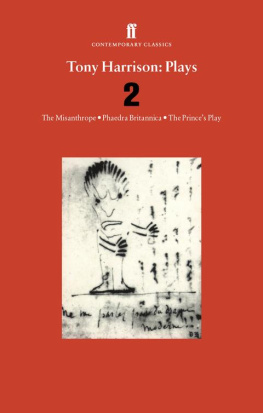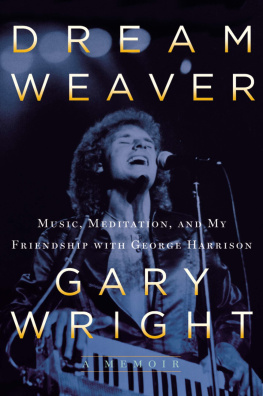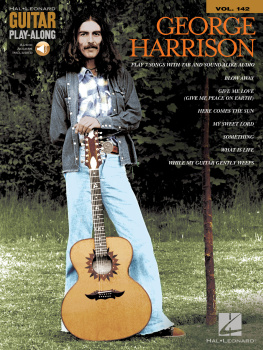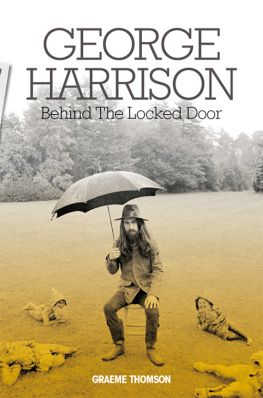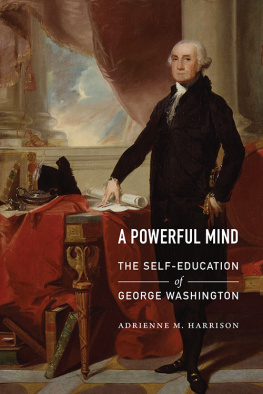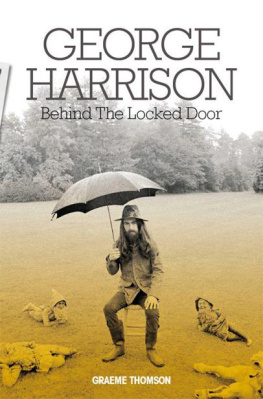Sommaire
Pagination de l'dition papier
Guide
OTHER BOOKS IN THE MUSICIANS IN THEIR OWN WORDS SERIES
Bowie on Bowie: Interviews and Encounters with David Bowie
The Clash on the Clash: Interviews and Encounters
Cobain on Cobain: Interviews and Encounters
Coltrane on Coltrane: The John Coltrane Interviews
Dolly on Dolly: Interviews and Encounters with Dolly Parton
Dylan on Dylan: Interviews and Encounters
Fleetwood Mac on Fleetwood Mac: Interviews and Encounters
Hendrix on Hendrix: Interviews and Encounters with Jimi Hendrix
Joni on Joni: Interviews and Encounters with Joni Mitchell
Judy Garland on Judy Garland: Interviews and Encounters
Keith Richards on Keith Richards: Interviews and Encounters
Led Zeppelin on Led Zeppelin: Interviews and Encounters
Lennon on Lennon: Conversations with John Lennon
Leonard Cohen on Leonard Cohen: Interviews and Encounters
Miles on Miles: Interviews and Encounters with Miles Davis
Springsteen on Springsteen: Interviews, Speeches, and Encounters
Tom Waits on Tom Waits: Interviews and Encounters
The Who on the Who: Interviews and Encounters
Copyright 2020 by Ashley Kahn
All rights reserved.
Published by Chicago Review Press Incorporated
814 North Franklin Street
Chicago, Illinois 60610
ISBN 978-1-64160-054-5
Library of Congress Control Number: 2020932900
A list of credits and copyright notices for the individual pieces in this collection can be found .
Interior layout: Nord Compo
Printed in the United States of America
5 4 3 2 1
This digital document has been produced by Nord Compo.
For Hal Willner, who grasped the balance between a bright light and a dark horse, for Eric and Heidi, whose gift of a Beatles
8-track introduced me to George Harrison,
and for all who continue to evolve and look for answers
Preface
Back when the Beatles first exploded onto the popular radar, there came the need to separate and identify each of the four. In the pop firmament, that hadnt been necessary beforenot for Frank Sinatra or Elvis, nor would it be required for Michael or Madonna. But in 1964, the succession of singular stars had been interrupted by plurality, and in the desire to define each from the other, George Harrison became the Quiet Beatle.
Quieter would have been more accurate. At the outset, relative to his bandmates, Harrison was more thoughtful and more sincereas this anthology of interviews, essays, and statements shows. Ironically, George Harrison on George Harrison also reveals that, at the time he received that tag, he was also being called upon to be a spokesman of the group, interviewing his fellow Fabs for the BBC radio program Public Ear in 1964 or writing a column for Manchesters Daily Express. Amid the mocking group banter the Beatles excelled at, Harrison held his own, throwing out lines that kept the othersand his fansin stitches. Before stardom or spirituality, humor was his first line of defense.
Were you bored by all that? a television host asked him, in 1988, of the unending barrage of encounters the Beatles faced while circuiting the globe. Well, sometimes it was boring, sometimes wed just make fun of them. Wed have our own little in jokes, you know, to get through, recalled Harrison. Its like a survival kind of thing.
Harrison survived, thrived, and became many things beyond his moniker. He was thoughtful and he was quick and he was enduringly curious. He grew and evolved from the quiet to the questioning Beatle. He became the spiritual seeker of the group, the one most dedicated to meeting the shamans of the day, the one most determined to find his guru, and he wove that search into his music. At the height of their popularity, the Beatles broke apart and Harrison was the first to step out and top the chartspraising the divine in numerous ways and with numerous nameswhile asking the biggest of the big questions: what is Life?
Harrison made that query rock loudly and ring true for an entire generation. He made pop music a tool of spiritual exploration and of God-awareness. In the years that followed, he examined various paths but was most attuned to the way of Krishna consciousness espoused by Sri Prabhupada, founder of the Hare Krishna movement and the International Society for Krishna Consciousness (ISKCON). He balanced his inner pursuit with a solo career that covered what was expected of a rock star from the 70s through the 90salbums, collaborations, and all-star concerts. He wrote books and dove into the movie business. He defied expectations as well, developing an aspersion for touring (one can count the number of George Harrison tours on one hand) and, for many years, a preference for staying home and gardening.
George Harrison on George Harrison covers his biographical sweep as fully as an autobiography would, detailing Harrisons life as he remembered and reported it. Its all in here, all phases and stages, triumphs and travails, even if the telling is not perfectly chronological. How could it be? In 1963, as Beatlemania gathered steam, the group was regarded largely as a fad soon to fadeeven the Beatles themselves could not see their popularity lasting more than a few years. And at that time, Harrison couldnt possibly unpack the Beatles experience; he was too busy being Fab. Some of the best stories and revelations about his years as a teenager and young adulthis Liverpool days, his rock and roll apprenticeship in Hamburgare to be found in conversations in the 80s and 90s. With distance and clarity came a deepened understanding, as well as newly remembered details.
The through line in George Harrison on George Harrison is a marked guilelessness. At the age of 24, on national British television, hes open to answering questions about his sense of success and wealth. By having the money, we found that money wasnt the answer, he said. And it was good really, because we learned that that wasnt it. We still lacked something. What sounded to some like faux, show-biz humility has proven over time to be reflective of his true nature, of priorities that were musically oriented and spiritually driven. Yes, he was a businessman, unapologetically so. Yet he regarded his success as a means to an end. This anthology is rife with evidence of that balanced sensibility.
In George Harrison on George Harrison, his evolutionas a man and a musician, as a producer and instigator of projectsreveals itself through a virtual roundtable of multiple Georges, from the greasy-haired teenager to the gray-haired man of the manorand all the others in between. There are inevitable overlaps: over the years, journalists revisited the same questionsabout the Beatles days, for example. About reunion rumors. About his ongoing relationship with Paul and Ringo and John. And Yoko. What changed over time was how Harrison chose to answer these questions and others that tended to cycle repeatedly, his responses serving as a measure of a man growing more comfortable withand even amused byhis own legacy.
George Harrison on George Harrison works as a window into the burgeoning role of music journalists, from the celebrity watchers of the 60s to successive generations of reporters with an expanded knowledge of the world and deeper curiosity for music and its makers, who regarded their journalism as a means to delivering messages of social relevance. (Of course, this means that audiences were similarly evolving, expecting more from their music starsa trend that the Beatles, and Harrison especially, were greatly responsible for initiating.) Im pleased that many pioneering writers from this proud tradition are featured, from Melody Maker

